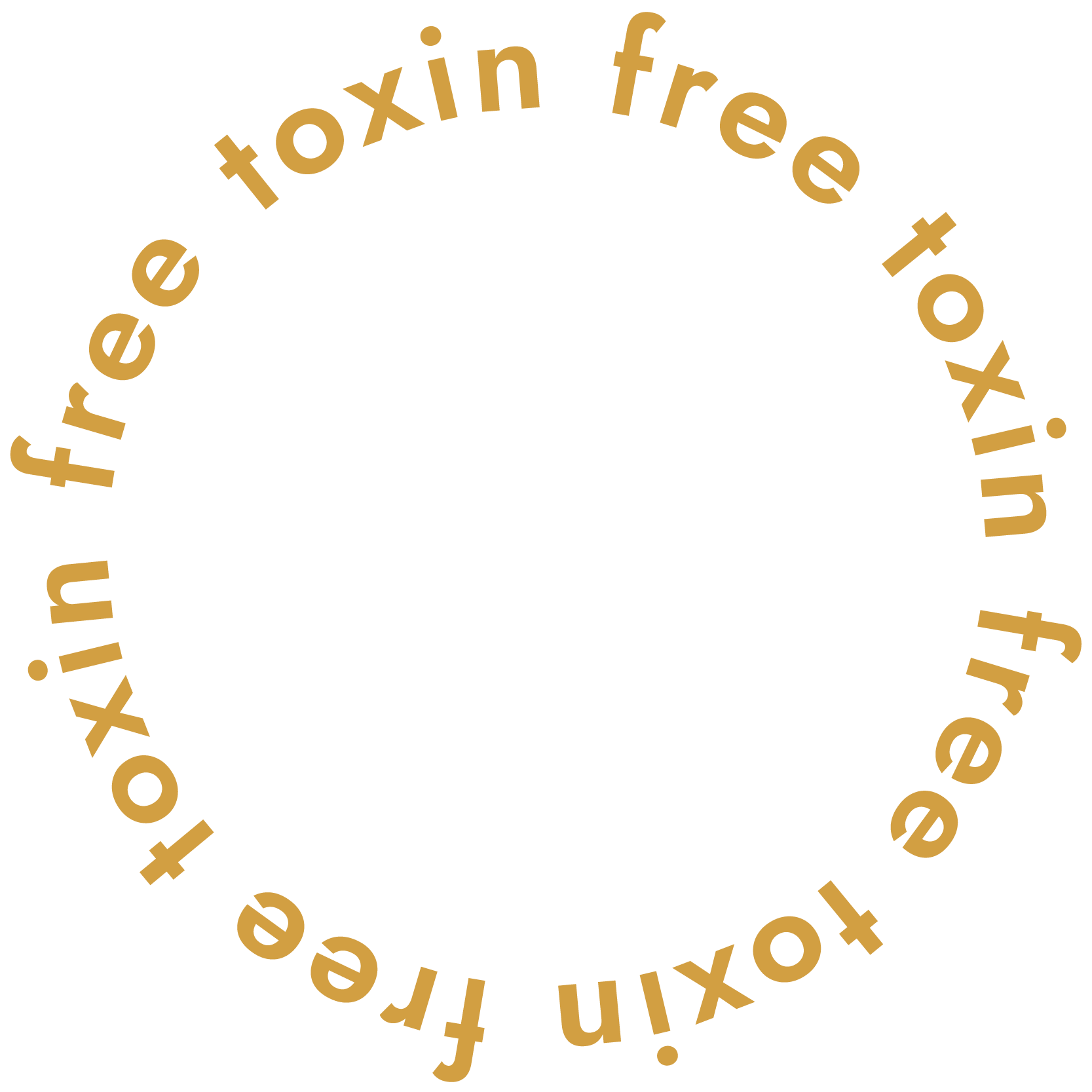
Apple Podcasts | Spotify
Chemicals and toxins being found in clothing have been making headlines recently. Synthetic, petroleum-derived fabrics are being called out for containing microplastics, toxic dyes, PFAs, rubber chemicals, endocrine disruptors, and more. Today, on the Detox Dilemma, I have Michel, the founder of the synthetic free textile company AIZOME, and his incredible team here to talk about the future of what truly non-toxic, synthetic free textiles look like.
They are really pushing the industry like no other company I have seen. They aren’t just committed to regenerative, sustainable cotton fibers in all of their products, but they’re doing what very few companies are doing: refusing to use any petroleum-based, toxic synthetic dyes in their products. They have embraced the ancient Japanese tradition of plant-made indigo dyeing. These dyes aren’t just completely plant-made and non-toxic, but they’re known for their skin-healing properties.
This company is incredible, and I’m so excited to have the team here with me today. Let’s dive in!
In This Episode:
-
Synthetic dyes vs. plant-made dyes
-
Sustainability of the fashion industry
-
Clothing made from petrochemicals
-
The difference between organic and regenerative fabrics
-
Personal stories about how the switch to non-toxic fabric has affected us
-
What’s next for AIZOME?
Exploring the Textile Industry
I’ve had a lot of followers reach out to me noticing I don’t have anything about clothing in my toxin-free shopping guide. Ever since my last conversation with Miguel, I have been deep-diving into the industry and reaching out to companies, and have found they don’t appreciate my questions. But since people are reaching out about textiles and clothing, it tells me people are starting to care more.
People ask me:
-
Is there PFAS in my clothing?
-
Did you know that my polyester is synthetic?
-
Did you know clothing is made out of petroleum?
A year ago, these were not topics of conversation. I’m in the industry, and people did not want to hear this message. I was kind of aware – I talk a lot about flame retardants and fabric softener binding to your fibers, but even I didn’t understand what the clothing was made from.
-
What are those fibers actually?
-
How are they made?
-
What is in them?
-
What was used to make the color?
These are all things I was not even asking myself a year ago. I was just buying my organic clothing with no flame retardants, thinking I was buying the best there was. AIZOME has opened my eyes to a whole new world.
PFAS – Forever Chemicals
In the textile industry, most of it is plastic and petroleum. Organic cotton t-shirts are just dyed with petroleum and marketed as organic. We all have things around our bodies all the time that bring all these other environmental problems. How has that become ignored?
I’ve been working on a PFAS regulation for drinking water. PFAS is a forever chemical. It’s an endocrine disruptor. It causes a whole host of issues. You cannot get rid of it. Some studies show that giving blood often is the only way to reduce the amount that’s in your body.
We’ve had the science and data for years, but it’s been ignored. You can easily get overwhelmed and become very negative, saying, “We’re all screwed. Nothing’s ever going to change.” But I think we have to keep talking about this and making people aware of PFAS. It’s the only way these things are changing. It takes a long time.
We have to get to the fundamentals of the things we surround ourselves with. We can’t just externalize environmental problems and health problems.
Environmental Effect of the Textile Industry
The textile industry is the second largest polluter in the world. You go from growing a crop (cotton, pesticide, laden, etc.) If we’re talking about plastics, we’re talking about petroleum. You have to harvest that, and most of the cotton then gets bleached and dyed with dyes made from more petroleum. Then, it’s sprayed usually with flame retardants or other chemicals. Then, it’s packaged in plastic and transported. Then, consumers purchase it, bring it home, and wash it.
All those chemicals then go into the wastewater and we have created massive pollution. That’s not even accounting for how poorly made these textiles are. We live in a fast fashion society where they end up getting thrown in landfills.
There are very few sustainable practices in the textile industry.
Where to Start
If you’re feeling a little overwhelmed by this conversation, start with cotton. Look for something that is 100% organic cotton. That is better than wearing petroleum-derived plastic clothing.
Conventional cotton is not good for the environment, workers, or us who are wearing it. Conventional cotton often requires a lot of pesticides and fertilizer.
Organic cotton is a huge step up from conventional cotton, but regenerative farming is on another playing field entirely. Regenerative farming is having a moment; if companies produce cotton ethically from regenerative farms, everyone wins.
AIZOME is challenging the textile industry to be better by offering bedding free of synthetic dyes and petroleum. Next for them is clothing! I will be first in line to purchase clothing from them. I will also be adding a clothing section to my toxin-free shopping guide when I find more brands like AIZOME. Keep an eye out for that!
About AIZOME
At AIZOME, we no longer strive to be ‘sustainable’. Sustainable is no longer enough. Instead, our vision to create healthy, synthetic free textiles is rooted in omoiyari – the Japanese concept of honoring one’s relationship to all things.
Omoiyari – 思いやり- consideration, compassion; to anticipate the needs of others with empathy and thoughtful awareness. Omoiyari anchors our decision-making in deep relational care and accountability and in the thrilling possibility that there is a better way for humans – and a better future possible for all.
Omoiyari has grown our understanding of impact and interconnectedness, transforming our expectations of business along the way. At AIZOME, we nurture a radical belief in possibility – rooted in respect and celebration.
Follow @aizome_textiles on Insta
Purchase AIZOME sheets here. Get 10% off with code WENDY10
If you enjoyed this week’s episode, please:
-
Leave a positive review or rating wherever you listen
-
Shop toxin-free products on my Toxin Free Shopping Guide
-
Download your free Tossing the Toxins Guide
-
Post a screenshot, what you loved from the episode, and tag me on Instagram @wendy_toxinfreeish
-
Want to ask me a question to get answered on the podcast? Leave me a voice message here.
Related Episodes:
Episode 8: Toxin Free(ish): How to Prioritize What Matters Most
Episode 24: What are PFAS “Forever Chemicals”? Here is Everything You Need to Know


+ show Comments
- Hide Comments